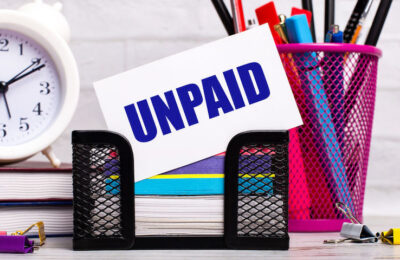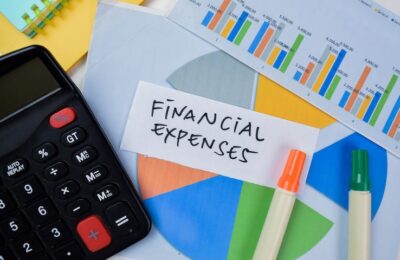Most people who are taxed through PAYE only don’t need to complete a Self-assessment Tax Return. However, until a few years ago, if you earned more than £100,000 in this way, you were legally obliged to file a return. This Self-assessment threshold was then raised to £150,000.
What is the Self-assessment threshold?
Anyone earning £150,000 or more via PAYE must complete a tax return.
When did the change come into force?
The change in the threshold from £100k to £150k came into force for the 2023-24 tax year and applies to subsequent tax years.
What happens if I no longer earn more than the threshold?
In most cases HMRC will send you a Self-assessment exit letter.
Are there exceptions?
As long as you earn less than £150,000 via PAYE and you don’t meet any of the other Self-assessment criteria, you won’t need to submit a tax return.
What are the other criteria for Self-assessment?
There are quite a few criteria that determine whether you need to complete a Self-assessment Tax Return. You will need to submit a return if you:
- Have income over £1,000 from self-employment
- Have untaxed income of £2500 or more
- Have property income over £2,500
- Are a partner in a business partnership
- Are liable for the High Income Child Benefit Charge
So, for example, if you earn between £100,000 and £150,000 via PAYE, but also have income from a buy-to-let property, you’ll still need to submit a tax return.
If you are unsure whether you need to submit a tax return, feel free to consult a THP accountant. Alternatively, you can use HMRC’s online tool: Check if you need to send a Self-assessment Tax Return.
Can I voluntarily send in a Self-assessment Tax Return?
If you don’t need to complete a Self-assessment Tax Return, there’s little point in doing so. However, there are some additional reasons you may wish to complete one. These include:
- Claiming certain tax reliefs
- To prove you’re self-employed
You might need to do the latter to claim tax-free childcare or the maternity allowance.
What do I do if I no longer need to complete a tax return?
If you no longer need to complete a tax return because your PAYE earnings are no longer above the Self-assessment threshold, HMRC will write to you.
However, if you no longer need to complete a return for a different reason (such as retirement or ceasing to be self-employed), you need to tell HMRC. You can do this via the HMRC digital assistant, via your Government Gateway account, or by phone or post. (Note, however, that the Self-assessment helpline is closed during the summer months.
If you need any advice on Self-assessment, please contact your THP account manager. They are always happy to help you.
About Karen Jones
Having worked for one of the world’s largest accountancy firms, Karen Jones uses her tax knowledge and skills to help clients obtain substantial reductions to their tax liabilities.
With an expanding portfolio of tax clients, Karen enjoys the variety her work brings her and particularly likes working with new businesses and people. With a growing number of tax clients, she frequently faces a variety of challenges and relishes the experience she gains as she solves them.
Karen likes the THP ethos: “I like the way the team has a professional, but friendly and down-to-earth approach – it creates a productive atmosphere that benefits everyone.”
Karen’s specialist skills:
- Personal Taxation
- Tax Efficient Planning
- Trust Administration












